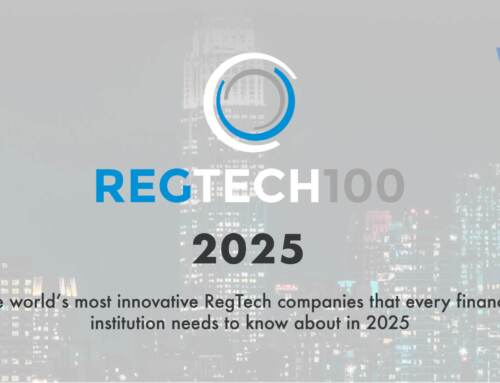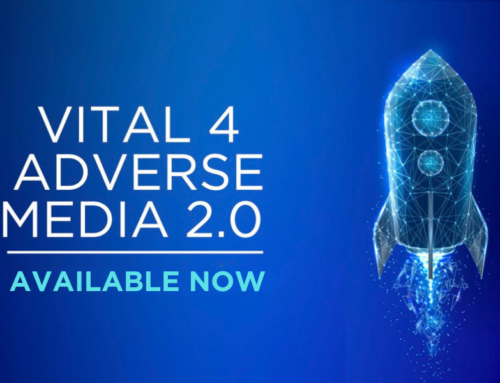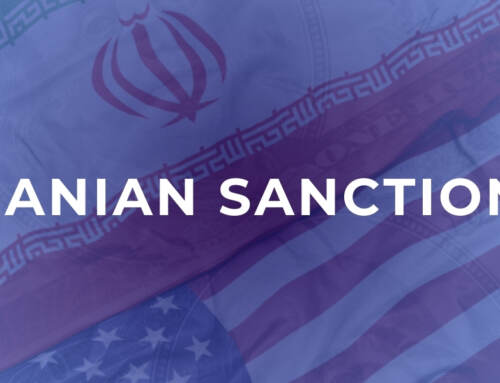The recent Money20/20 event in Las Vegas showcased groundbreaking advancements and discussions in Fintech, compliance, and digital finance. For Vital4, it was an invaluable opportunity to dive into topics that impact financial data access, fraud prevention, and the shifting dynamics between FinTech’s and traditional banks. Here’s a quick recap of key insights from this year’s conference and what they mean for the industry.
- Open Banking and the CFPB Rule 1033: Transforming Financial Data Access
One of the hottest topics was the recently published CFPB Rule 1033, mandating that U.S. financial firms provide consumers with free access to their financial data. This rule is a game-changer for consumer empowerment and competition. By April 2026, financial institutions will need to offer seamless, secure data access through APIs, removing outdated practices like screen scraping and enabling more direct data-sharing channels with authorized third parties.
Why It Matters: The rule fosters a democratized financial ecosystem, allowing consumers to switch providers easily and select services with the best rates and terms. This openness paves the way for more competition and innovation while ensuring that customer data remains secure and controlled.
Vital4’s Takeaway: The implications are broad and vital. For financial institutions, compliance will require robust security protocols, API integration, and standardized data formats. This shift opens opportunities for Fintech firms to enter the market as providers of secure data-sharing solutions, facilitating easier bank account setup, enhanced underwriting, and improved customer experiences.
- Generative AI: Balancing Innovation and Regulatory Risk
Generative AI was another focal point at the conference, especially in its applications across fintech. From fraud detection to customer service, AI tools are reshaping the landscape. In particular, AI-driven models are proving valuable in identifying fraud patterns, assessing creditworthiness, enhancing algorithmic trading, and offering hyper-personalized customer experiences.
Emerging Trends: Generative AI enhances fraud prevention by automating data analysis and anomaly detection, a must for combatting emerging fraud typologies like elder fraud and “pig butchering,” a social engineering scam on the rise. Yet, AI-driven systems also require ethical frameworks to balance innovation with privacy and accuracy, making compliance a critical factor as these tools become ubiquitous.
Vital4’s Perspective: The future of AI in Fintech is promising but requires vigilant monitoring and regulatory awareness. With anti-financial crime teams currently spending most of their time on administrative tasks, AI can empower investigators to prioritize real cases and reduce money laundering risk. As fintech leaders, we’re also looking at how these tools can automate aspects of KYC, KYB, and AML, helping reduce the estimated $2 trillion in laundered money annually.
- Reusable ID and Money Movement: Global Payments Go Portable
The shift towards reusable (or portable) identities in global payments was another crucial trend discussed at Money20/20. As the industry moves towards cross-border, real-time transactions, creating a secure, standardized ID for individuals and businesses can streamline international transactions, enhance transparency, and mitigate risks associated with fraud and money laundering.
Industry Impact: For both FinTech’s and traditional banks, this trend offers a standardized way to simplify compliance while improving the efficiency of international payments. Key stakeholders from companies like Trulioo, Onbe, Coinbase, and eBay Payments stressed that portable identities could drastically reduce onboarding friction and enhance customer experiences.
Vital4’s Insight: Portable IDs align with our focus on risk assessment and AML compliance by creating a clearer identity verification trail. This can improve global AML efforts and enable more streamlined KYC and KYB processes across borders.
- Fintech-Bank Partnerships: From Competitors to Collaborators
Regional banks and FinTech’s are finding that collaboration often beats competition. Rather than going head-to-head, many FinTech’s are now working with banks to deliver services to traditionally underserved segments, like small-to-medium businesses (SMBs). These partnerships allow banks to leverage Fintech’s agility while FinTech’s gain access to banks’ customer base and capital.
Why This Matters: This trend of FinTech-bank partnerships supports a more inclusive financial ecosystem, helping underserved populations gain access to financial services. The collaboration also speeds up banks’ ability to offer new products and migrate from legacy systems to more modern, customer-friendly platforms.
Vital4’s Position: We see tremendous potential here, particularly for compliance solutions that bridge gaps between FinTech’s and traditional banks. Collaborative partnerships can fuel product development, expand reach, and meet the needs of diverse, underserved groups, while maintaining compliance standards.
Moving Forward with Vital4
As the Fintech world continues to innovate, compliance and security will remain at the forefront. Vital4 is committed to enabling financial institutions to navigate this evolving landscape confidently. Whether it is helping our clients prepare for CFPB Rule 1033, using AI to bolster anti-money laundering efforts, or supporting KYC/KYB protocols for portable identities, Vital4 is at the heart of these changes.
The future of finance is open, digital, and collaborative. By staying ahead of regulatory trends and technological advances, Vital4 aims to lead the charge in building a secure, inclusive financial landscape.





